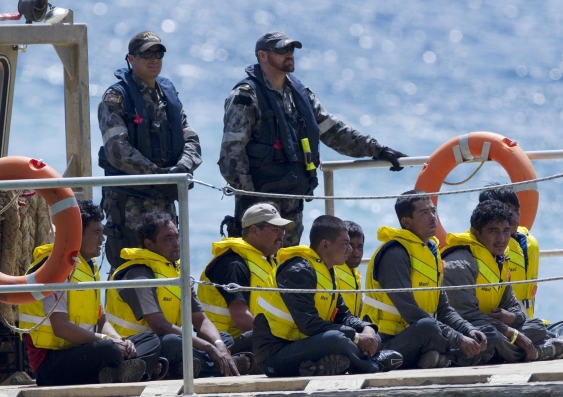Open letter to PM questions the ethical principles behind asylum seeker policy
Seventy-five medical academics and community leaders have signed an open letter to the Prime Minister condemning the "unethical" treatment of asylum seekers and likening the Pacific Solution to a medical experiment that puts participants in harm's way without consent.


